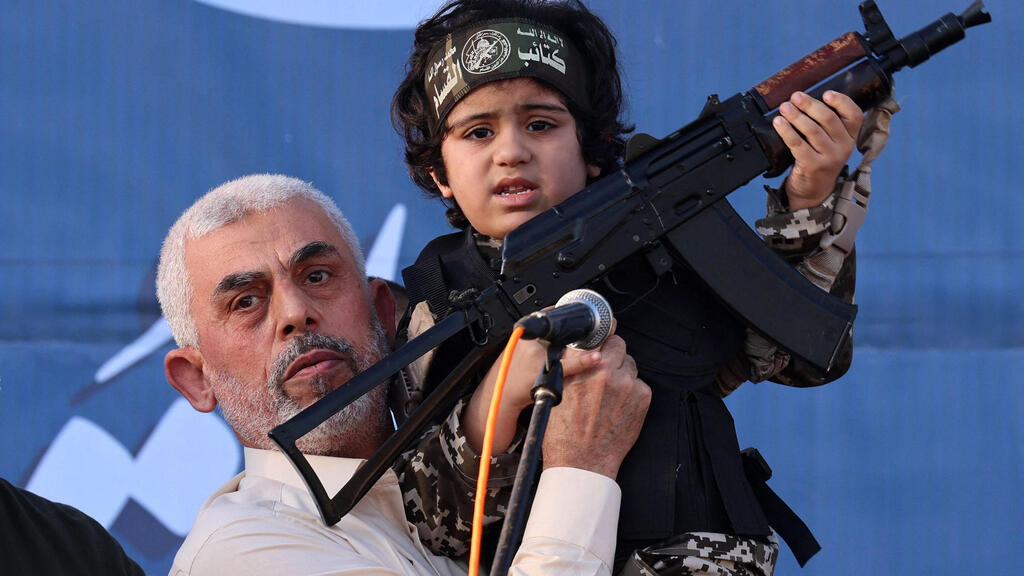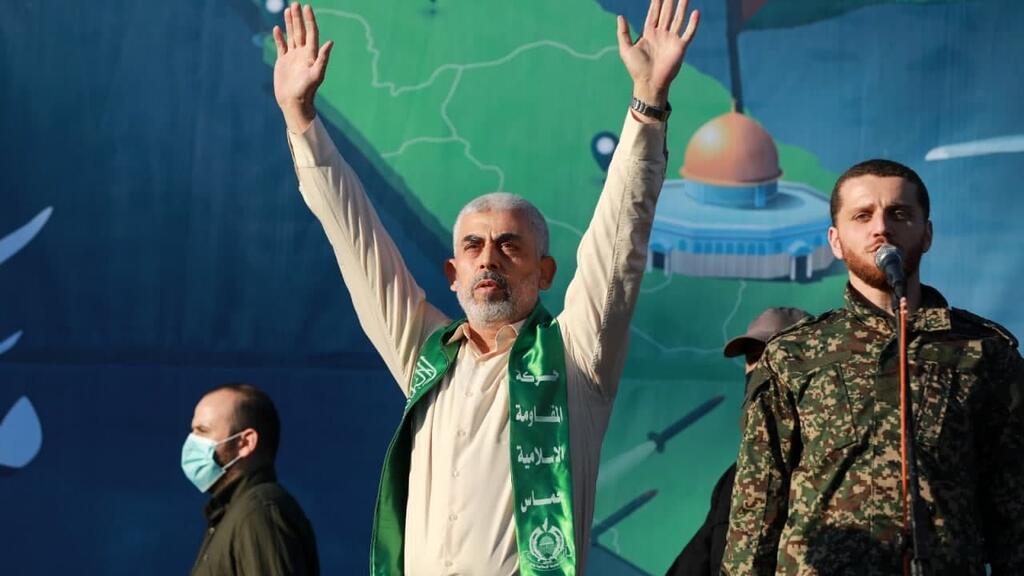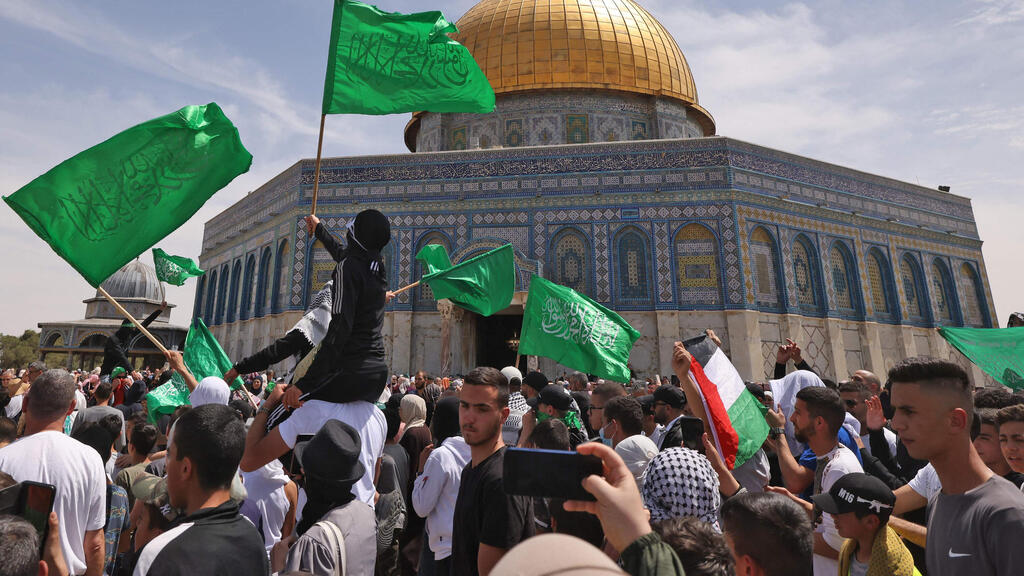Getting your Trinity Audio player ready...
A successful targeted killing of Hamas leader in the Gaza Strip Yahya Sinwar would immediately result in an armed conflict. It may be limited, or it may include a full on ground assault on Gaza.
It may or may not spread to the West Bank, and it may end in days. It may also cause an all-out war on multiple fronts.
The military understands the range of possible outcomes of such an action, and therefore a targeted killing of a Hamas leader should be an act conducted as part of a larger confrontation with the Palestinian militants, and not as an operation in its own right.
A senior security source said that when a country sees an annual per capita growth of 6%, it does not embark on war in response to every rocket fire from Gaza and does not forgo economic growth even when the enemy is in possession of ballistic missiles.
Sinwar is a pragmatist. He has probably already gone underground in wake of recent public calls by Israeli official demanding his assassination in retaliation to incitement to terror.
The role of the fanatic leader in a religious war is too big for him. Pragmatism has no place in such battles, and in order to stop them, the inciters must be made to vanish.
Israel's various governments in the past 20 years were willing to allow Hamas a certain erosion of Israeli deterrence, but up to a point. Past that, the IDF was told to exercise its right to inflict disproportionate pain on the Hamas-ruled encalve.
3 View gallery


Hamas leader Yahya Sinwar holds the child of an Al-Qassam Brigades fighter, who was killed in fighting with Israel
(Photo: AFP )
Have the Hamas and Sinwar overstepped that red line as far as Israel is concerned, so much so that a targeted killing, which may lead to a war, is called for? According to security officials – yes. Not, however, because of public demands or pressure.
Just like the U.S. needed someone to pay for the 9/11 attacks and went to war against Iraq's Saddam Hussein even though he had no hand in the murderous plot.
So, will an attack against Hamas, which was not directly behind any of the latest terror attacks, be misguided. Hamas can be blamed for the incitement, but not for the acts of terror themselves. In fact, the new-wave Palestinian terrorists actually blame Hamas for selling out the struggle for economic benefits from Israel. Palestinian admiration for Mohammad Deif, terror group's military wing leader, does not equal admiration for the organization.
If a decision is made by Israel to assassinate Sinwar and embark on a wide-scale military campaign, it will be because Israel has lost its hegemony on Temple Mount and the terror group usurped the fight for the Al-Aqsa Mosque - thanks to growing influence of Iran in the Gaza Strip.
No one was surprised to see Hamas flags hoisted outside al-Aqsa in the final days of Ramadan. But, allowing Sinwar to ignite the entire region by pretending to be the dominant force at the Temple Mount would be crossing the red line. The third holiest site in Islam and the most holy for Jews, should remain provocations-free, both from Muslims and Jews.
Sinwar, in his speech a few days ago, was carried out simultaneously with speeches of Hezbollah's leader Hassan Nasrallah, the commander of the Iran's Revolutionary Guard Corps Quds force in Iraq and even the chief of the IRGC himself.
All four speeches included a warning of a religious war should al-Aqsa be harmed, and called on all Palestinian factions to destroy Israeli settlements in the West Bank and "liberate" the Al-Aqsa Mosque.
Such rhetoric from Iran and its proxies was not a surprise, but the addition of Sinwar to that choir should be seen as a step too far.



